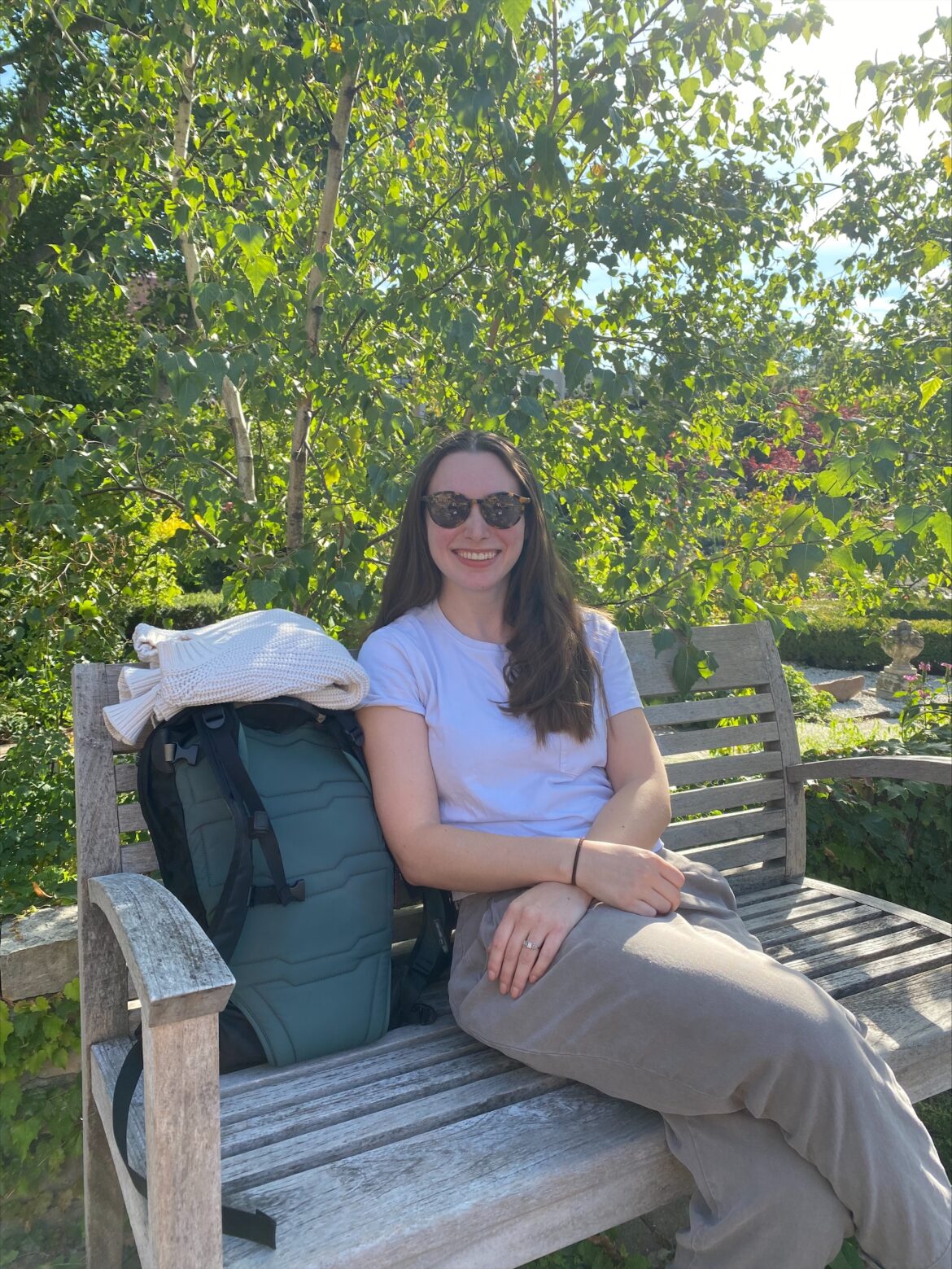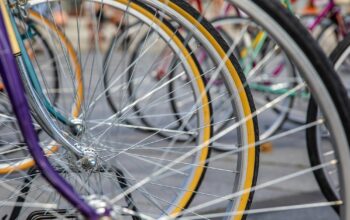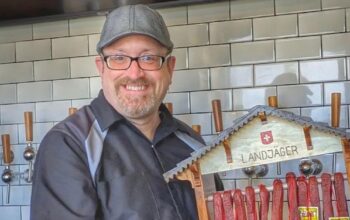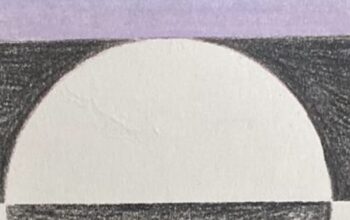Sedona Chinn works in the Department of Life Sciences Communication as an assistant professor at the University of Wisconsin–Madison. Her expertise and research experience focus on topics such as health communication, social media and climate change. While not directly working in health care, her experience in the health communications field provides a unique perspective on how health care information can affect the public.
What do you think is the biggest challenge our community faces?
I don’t know if there is necessarily one challenge that has the biggest impact on our community. There have obviously been health care challenges in reference to the COVID-19 pandemic, but with that there are also challenges around economics and social division. To address one of these challenges requires addressing all of them to some degree. I think that we should bring together people who can talk across each of these domains. For example, looking at health obstacles through a social and structural perspective.
What do you wish people in our community understood better?
Going from my education focus and research experience, I’d say that people believe misinformation for very legitimate reasons, and I wish it was better understood. There is a tendency to demonize someone who has different opinions from you, or to assume that they’re crazy or stupid. A lot of times, people come to hold misperceptions through thought processes that usually lead us to correct ideas. Hence, when talking about misinformation, it is important not to make assumptions about people with different views.
What is one change that you would make if you could that would make life better for people in our community?
Broadly speaking, I would expand social services. I think this would improve life for people everywhere, but also in Madison and Dane County specifically. This is especially important for vulnerable people and communities.
What in our community gives you hope?
I see a lot of people who are very passionate about everything from small changes in how we consume social media for better mental health outcomes, to truly understanding social determinants of health and how to share health information across cultures. I find it extremely promising that a lot of people in our community have these interests and passions.





